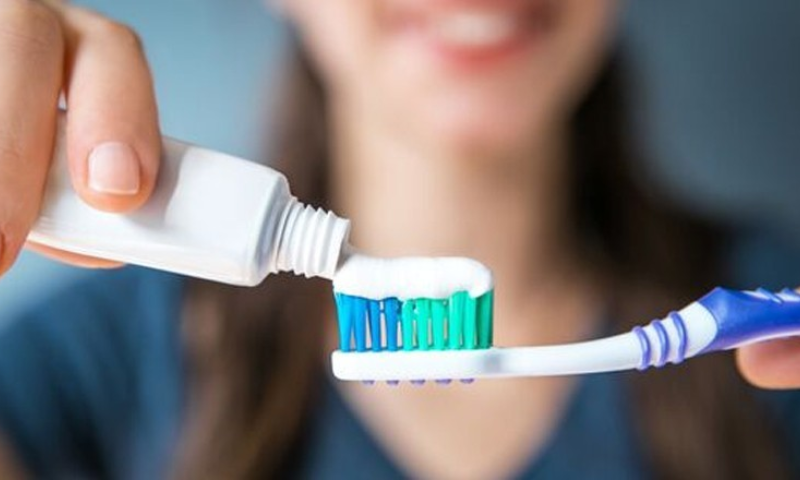NEW YORK: A study conducted by the Cleveland Clinic has raised concerns about the potential health risks associated with the widespread use of xylitol, a common sweetener found in various sugary products including gums, biscuits, and toothpastes, Express UK reported.
The study claimed that consumption of xylitol may elevate the risk of heart attacks and strokes due to its potential to promote blood clot formation. This sweetener, also utilized in toothpastes and mouthwash products, has come under scrutiny for its adverse effects on cardiovascular health.
Dr. Hazen, Chair of Cardiovascular and Metabolic Sciences at the Clinic’s Lerner Research Institute, emphasized the urgency of investigating sugar alcohols and artificial sweeteners in light of their widespread recommendation for conditions such as obesity and diabetes. He cautioned against dismissing products containing xylitol entirely but urged awareness regarding the potential risks associated with high levels of consumption.
This latest research builds upon previous findings by the Clinic, which have highlighted the correlation between sugary drinks and cardiovascular issues. The study, published in the European Heart Journal, analyzed data from over 3,000 patients across the US and Europe, revealing a concerning trend among those with increased xylitol intake experiencing higher rates of cardiovascular events over a three-year period.
To validate their findings, the research team conducted experiments demonstrating a notable increase in blood clotting following xylitol consumption, further underscoring the potential health hazards associated with this common sweetener.
In response to the study’s findings, President of the Calorie Control Council, Carla Saunders, expressed skepticism, stating that the results contradict decades of scientific evidence supporting the safety and efficacy of low-calorie sweeteners such as xylitol.
Saunders argued that these findings could mislead people who rely on alternative sweeteners as a means to improve their health. “These findings are a disservice to those who rely on alternative sweeteners as a tool to improve their health.”























